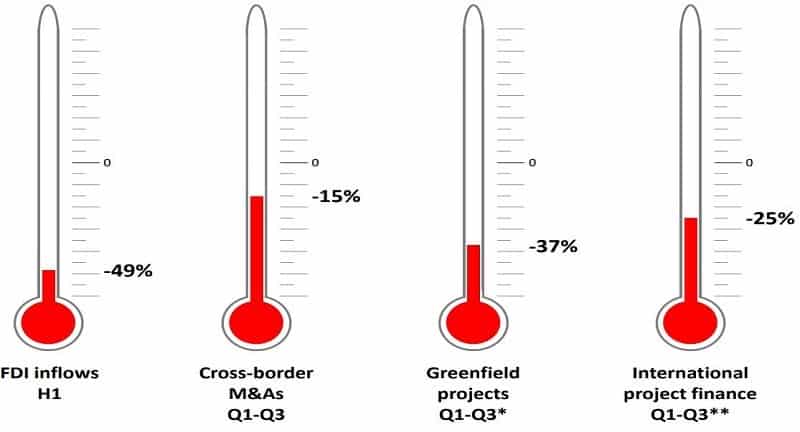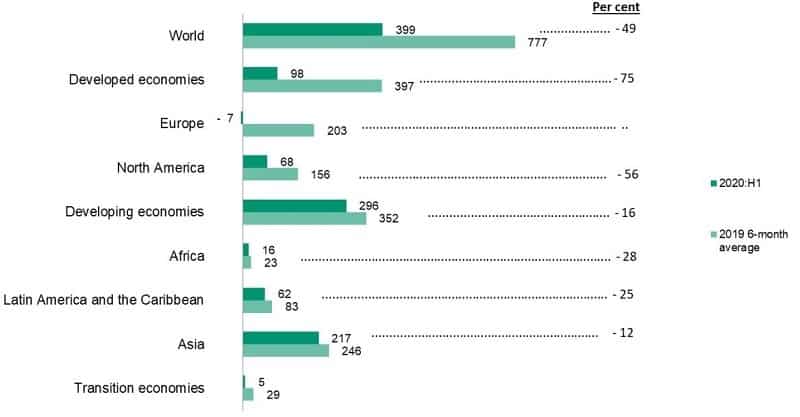Partnership to accelerate scaling of VEON’s digital financial services business
Amsterdam, 3rd February 2021 – VEON Ltd. (NASDAQ and Euronext Amsterdam: VEON), a leading global provider of connectivity and digital services, announces a strategic global partnership with payment technology leader Mastercard to boost digital financial services in key markets.
The partnership, covering core portions of VEON’s footprint (Russia, Pakistan, Ukraine, Kazakhstan and Bangladesh), will allow VEON to further scale its digital financial services business by offering consumers and merchants in these countries best-in-class products tailored to their needs. By working together, the companies will support the financial and digital inclusion of traditionally underserved consumers in each geography.
VEON’s co-Chief Executive Officer Sergi Herrero commented: “Expanding digital financial services is a key growth priority for VEON as we look to meet the evolving needs of our consumers. Our partnership with Mastercard provides our operating companies in five countries with world-class capabilities to fast-track their plans for developing digital financial services and demonstrates the trust Mastercard has in VEON’s ability to encourage greater financial inclusion through these transformative platforms.”
Jorn Lambert, Chief Digital Officer, Mastercard said: “As digital transformation accelerates, there is also an opportunity to expedite its many benefits, including the way it effectively addresses consumer needs and experiences. Mastercard strongly believes in the power of partnership and we look forward to working closely with VEON to expand financial inclusion and greater access to the digital economy.”
The partnership is an expansion of the relationship between the two companies that began in May 2020 when Mastercard partnered with Mobilink Microfinance Bank Limited, VEON’s financial services provider in Pakistan, to boost financial inclusion across that fast-growing nation. It further cements the joint commitment of VEON and Mastercard as strategic partners on this ambitious but vital journey to empower individuals and communities though financial services access.
About VEON
VEON is a NASDAQ and Euronext Amsterdam-listed global provider of connectivity and internet services, headquartered in Amsterdam. Our vision is to empower customer ambitions through technology, acting as a digital concierge to guide their choices and connect them with resources that match their needs.
For more information visit: http://www.veon.com.
About Mastercard
Mastercard is a global technology company in the payments industry. Our mission is to connect and power an inclusive, digital economy that benefits everyone, everywhere by making transactions safe, simple, smart and accessible. Using secure data and networks, partnerships and passion, our innovations and solutions help individuals, financial institutions, governments and businesses realize their greatest potential. Our decency quotient, or DQ, drives our culture and everything we do inside and outside of our company. With connections across more than 210 countries and territories, we are building a sustainable world that unlocks priceless possibilities for all.
For more information visit: www.mastercard.com







